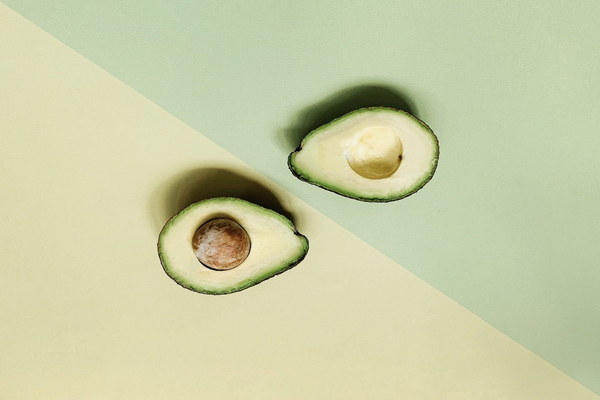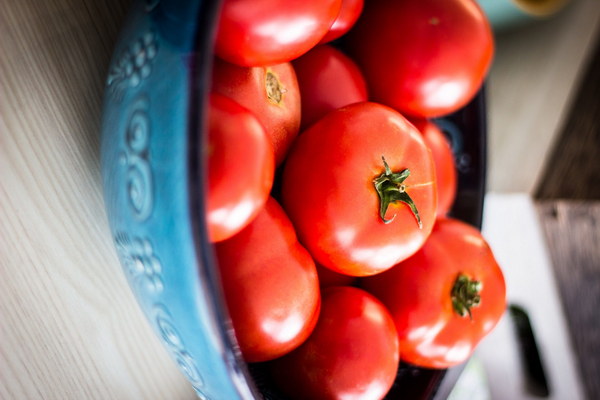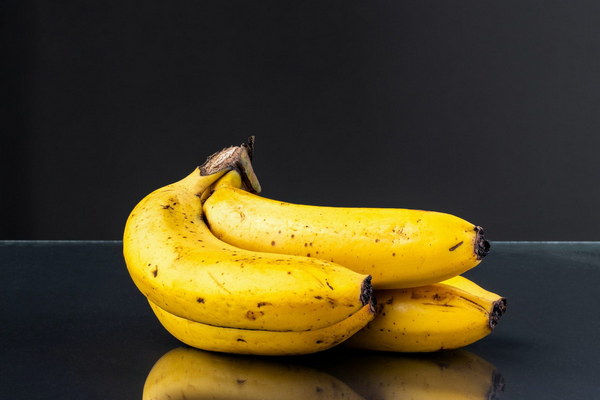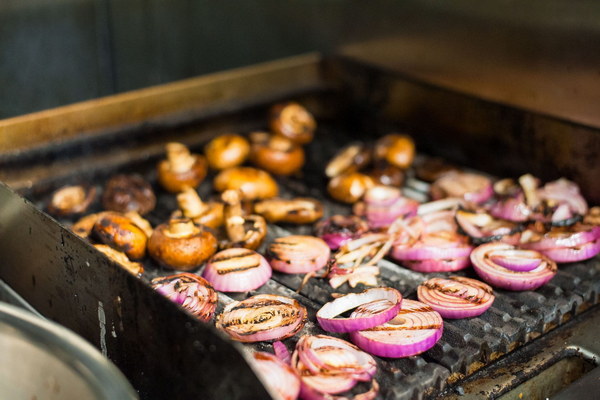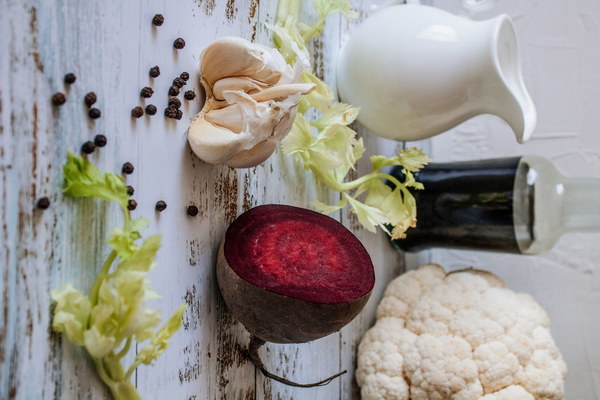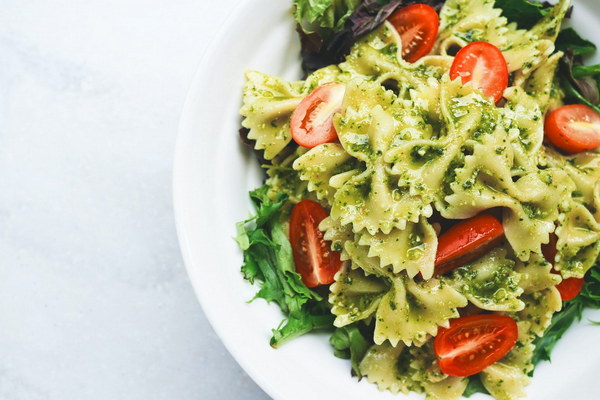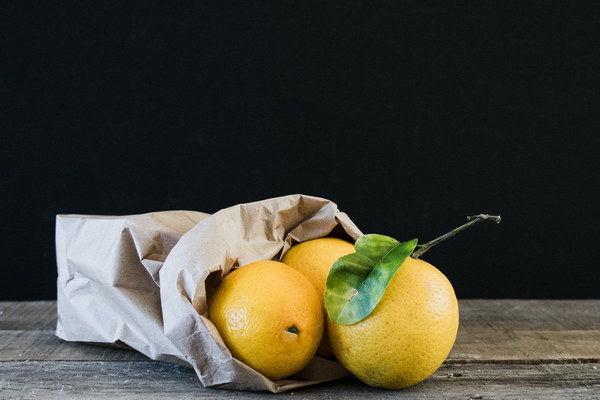Nourish Your Liver A Guide to LiverHealthy Eating Habits
Introduction:
The liver is a vital organ responsible for filtering toxins, producing bile, and metabolizing nutrients. Maintaining a healthy liver is essential for overall well-being. One of the best ways to keep your liver in good shape is through a well-balanced and liver-friendly diet. In this article, we will explore the key components of a liver-healthy diet and provide you with practical tips to nourish your liver.
1. Incorporate plenty of fruits and vegetables:
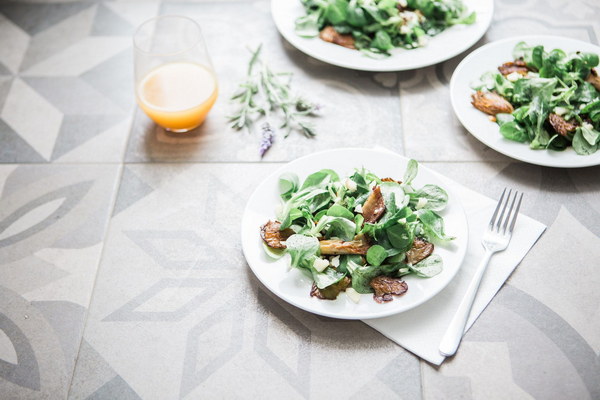
Fruits and vegetables are rich in essential nutrients, antioxidants, and fiber that support liver health. Aim to consume a variety of colorful fruits and vegetables daily to ensure a wide range of vitamins, minerals, and antioxidants. Some liver-friendly options include leafy greens (spinach, kale, and Swiss chard), cruciferous vegetables (broccoli, cauliflower, and Brussels sprouts), and berries (blueberries, strawberries, and raspberries).
2. Choose whole grains over refined grains:
Whole grains provide a wealth of nutrients, including fiber, vitamins, and minerals, which are beneficial for liver health. Replace refined grains such as white bread, pasta, and rice with whole-grain alternatives like brown rice, quinoa, and whole-grain bread and pasta. This will help you maintain a healthy weight and reduce the risk of fatty liver disease.
3. Include lean proteins in your diet:
Lean proteins, such as poultry, fish, tofu, and legumes, are essential for liver repair and function. Opt for lean cuts of meat and choose fish rich in omega-3 fatty acids, such as salmon, mackerel, and sardines, which have been shown to support liver health. Plant-based proteins, such as lentils, chickpeas, and beans, are also excellent choices.
4. Reduce alcohol consumption:
Alcohol is a major cause of liver disease, including cirrhosis and liver cancer. It's crucial to limit your alcohol intake to moderate levels or avoid it altogether. If you choose to drink, stick to small amounts and alternate alcoholic beverages with non-alcoholic ones.
5. Avoid processed and high-fat foods:
Processed foods and high-fat diets can contribute to liver inflammation and fat accumulation, increasing the risk of fatty liver disease. Minimize the intake of fried foods, sugary snacks, and processed meats. Instead, focus on preparing home-cooked meals using fresh, whole ingredients.
6. Stay hydrated:
Water is essential for liver function, as it helps flush out toxins and maintains the production of bile. Aim to drink at least eight glasses of water daily, and increase your intake if you engage in physical activity or live in a hot climate.
7. Limit sugar and artificial sweeteners:
Excessive sugar intake can lead to insulin resistance and obesity, both of which are risk factors for fatty liver disease. Try to reduce your consumption of sugary drinks, candies, and baked goods. Artificial sweeteners have also been linked to liver damage, so it's best to minimize their use as well.
8. Consume probiotics:
Probiotics, found in fermented foods like yogurt, kefir, sauerkraut, and kimchi, can support gut health, which is closely linked to liver function. Incorporate these foods into your diet to promote a healthy gut microbiome.
Conclusion:
Nourishing your liver through a well-balanced diet can significantly improve its function and reduce the risk of liver disease. By incorporating a variety of fruits, vegetables, lean proteins, whole grains, and staying hydrated, you can support your liver's health and enjoy long-term benefits. Remember, it's never too late to make positive changes to your diet and lifestyle for a healthier liver.
